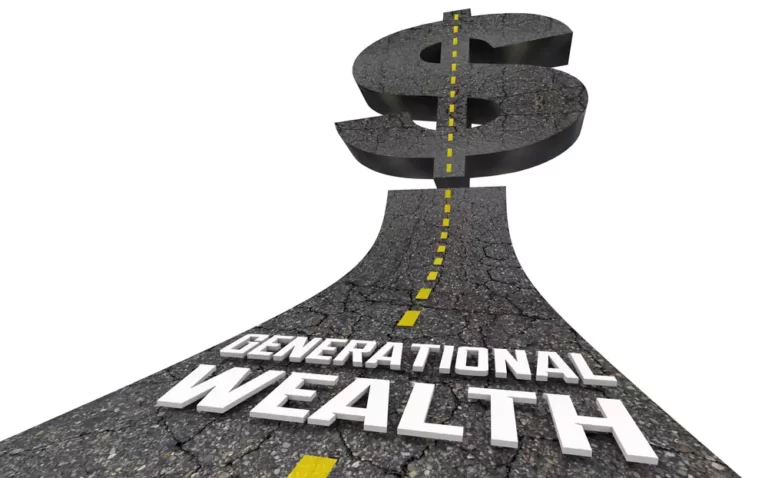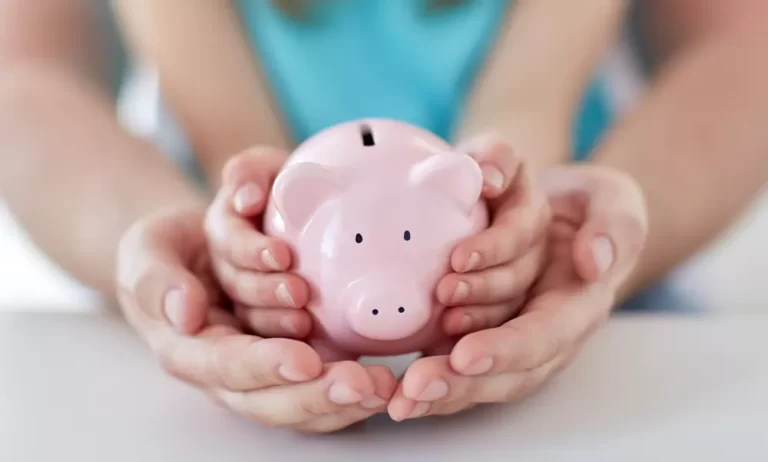Why It’s Important to Learn About Personal Finance in High School

Are you in high school and wondering why you should bother learning about personal finance? Do you think that managing money is something you can put off until later in life? Think again! Learning about personal finance in high school can help you establish a solid foundation for your future financial success. In this article, we’ll explore the importance of learning personal finance in high school, the benefits of having a personal finance curriculum, and the essential concepts that should be taught in high school.
Understanding Personal Finance
Before diving into why personal finance is crucial, let’s first define what it means. Personal finance is the management of your financial resources to meet your financial goals and needs. It covers a broad range of topics, including budgeting, saving, investing, credit management, taxes, and insurance.
Personal finance is vital because it affects every aspect of your life. It can help you achieve your goals, such as buying a home or starting a business, and avoid financial stress and hardship. It also provides the skills and knowledge needed to make informed decisions about your money.
The Importance of Learning Personal Finance in High School
Financial literacy is essential for young adults as they transition into independent, responsible adults. Unfortunately, many young adults lack basic financial literacy skills. According to a study by the National Financial Educators Council, only 24% of millennials demonstrate basic financial literacy. This lack of financial literacy can lead to financial problems such as debt, bankruptcy, and poor credit scores.
Learning personal finance in high school has several benefits, including:
Early Financial Management Skills
By learning about personal finance in high school, students can develop essential financial management skills that will benefit them throughout their lives. These skills include budgeting, saving, and investing. By mastering these skills early, students will be better equipped to manage their finances and achieve their financial goals.
Improved Decision-Making Abilities
Financial decisions can have a significant impact on your life. Learning about personal finance can help you make informed decisions about your money, such as whether to take out a loan or invest in the stock market. By developing these decision-making skills early, students can avoid financial mistakes that can have long-lasting consequences.
Greater Financial Independence
Learning personal finance in high school can also promote financial independence. Students can learn how to manage their money and make sound financial decisions, reducing the need for financial support from parents or other family members. This independence can provide a sense of accomplishment and self-reliance.
Enhanced Financial Stability
By understanding personal finance, students can also establish a strong financial foundation that can provide long-term stability. By learning how to manage debt, invest in the stock market, and save for the future, students can ensure their financial security for years to come.
Personal Finance as a Life Skill
Finally, personal finance is a life skill that is relevant to everyone, regardless of their future career or life goals. By learning about personal finance in high school, students can develop skills that will be useful in all aspects of their lives.
Personal Finance Curriculum in High Schools
Despite the benefits of learning personal finance in high school, many schools do not have a personal finance curriculum. According to a study by the Council for Economic Education, only 21 states require high school students to take a personal finance course.
Having a personal finance curriculum in high school can have several benefits, including:
Developing Financial Knowledge
A personal finance curriculum can provide students with the knowledge and skills needed to manage their finances. By learning about budgeting, credit, investing, and taxes, students can develop a comprehensive understanding of personal finance that will benefit them throughout their lives.
Preparing for the Future
A personal finance curriculum can also help students prepare for their future financial goals. By learning about saving, investing and financial planning, students can prepare for their future, such as buying a home, starting a business, or saving for retirement.
Reducing Financial Stress
Financial stress is a common problem among young adults. By learning about personal finance in high school, students can develop the skills and knowledge needed to avoid financial stress and hardship. This can have long-lasting benefits for their mental health and well-being.
Improving Academic Performance
Studies have shown that students who learn about personal finance in high school have better academic performance and higher graduation rates. This may be because financial literacy promotes critical thinking and problem-solving skills that can be applied to other academic subjects.
Boosting Economic Growth
Finally, having a personal finance curriculum in high school can contribute to economic growth. By promoting financial literacy, students can become better equipped to make sound financial decisions, which can lead to increased economic stability and growth.
Essential Personal Finance Concepts to Teach in High School
So, what personal finance concepts should high school students learn? Here are some essential concepts that should be included in any personal finance curriculum:
Budgeting
Budgeting is the process of creating a plan to manage your income and expenses. Students should learn how to create a budget, track their spending, and adjust their budget as needed. This can help them develop good financial habits and avoid debt.
Saving and Investing
Students should also learn about saving and investing. This includes understanding the different types of savings accounts, investment options, and retirement plans. By learning about these concepts, students can make informed decisions about how to save and invest their money.
Credit Management
Credit management is another crucial concept that should be taught in high school. Students should learn about credit scores, credit reports, and how to manage credit card debt. This can help them avoid financial problems in the future and maintain good credit scores.
Taxes
Students should also learn about taxes, including how to file a tax return, deductions and credits, and how taxes impact their income. Understanding taxes can help students make informed decisions about their finances and avoid costly mistakes.
Insurance
Finally, students should learn about insurance, including health insurance, auto insurance, and homeowners insurance. Understanding insurance can help students make informed decisions about their coverage and avoid financial losses in the event of an emergency or accident.
Frequently Asked Questions (FAQs)
Here are some common questions about personal finance education in high school:
Why is personal finance education important in high school?
Personal finance education is important in high school because it helps students develop the skills and knowledge needed to manage their finances successfully. By understanding personal finance concepts, students can make informed decisions about their money, develop good financial habits, and avoid financial stress and hardship.
What personal finance concepts should be taught in high school?
Essential personal finance concepts that should be taught in high school include budgeting, saving and investing, credit management, taxes, and insurance. These concepts can help students make informed decisions about their finances and develop good financial habits.
How can personal finance education benefit students?
Personal finance education can benefit students in many ways. It can help them develop critical thinking and problem-solving skills, improve their academic performance, reduce financial stress and hardship, and prepare for their future, such as buying a home or saving for retirement.
Is personal finance education already taught in high schools?
While some high schools do offer personal finance courses, it is not yet a widespread practice. Many students graduate without any formal education on personal finance concepts.
Can students learn about personal finance on their own?
Yes, students can learn about personal finance on their own through books, online resources, and personal finance apps. However, having a formal personal finance curriculum in high school can provide a structured learning environment and ensure that all students have access to this important education.
Conclusion
Learning about personal finance in high school is essential for developing the skills and knowledge needed to manage your finances successfully. By understanding personal finance concepts, students can develop good financial habits, make informed decisions about their money, and avoid financial stress and hardship.
Having a personal finance curriculum in high school can also have long-lasting benefits for students, including improved academic performance and greater financial independence. So, if you’re in high school, don’t put off learning about personal finance – it’s a life skill that will benefit you for years to come.





